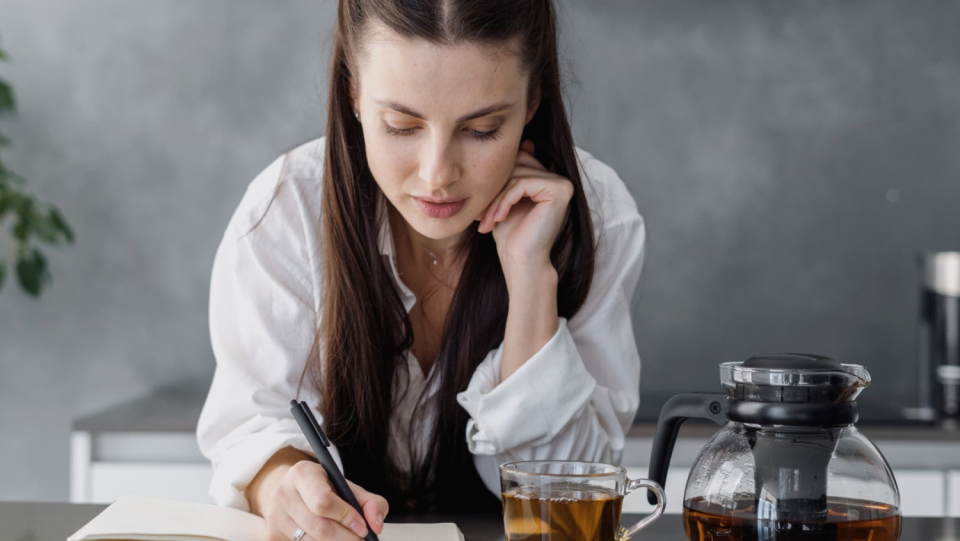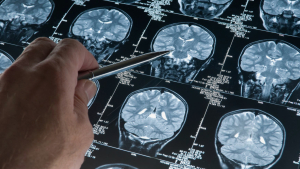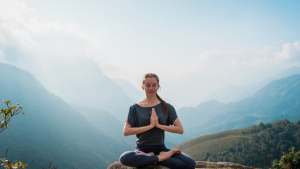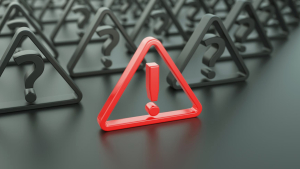Tea has a curious effect: it stimulates on the one hand, and on the other hand. According to a new experiment by Peking University in China, tea helps in this way, among other things, to increase concentration and endurance. The team led by psychologist Yi Jiang repeatedly challenged around 100 test persons to find a suitable word that combines three other words in terms of content. One group was previously given black tea to drink, another hot water, both drinks 42 degrees Celsius warm. In difficult tasks and longer test durations, the tea increased performance – but only in the group of test subjects who also liked to drink tea.
The team had an explanation for this: the habitual tea drinkers expected that the tea would be stimulating. Its effect also only shows if the tasks required special concentration and perseverance. This effect is thanks to ingredients that have a calming effect, such as the amino acid L-theanin and the antioxidant epigallocatechin (EGCG). In combination with the activating tin, there is a "paradoxical effect", as the Australian psychopharmacologist Andrew Scholey says: Tea is stimulating and calming at the same time.
Tea promotes serenity and focus.
He and his team concluded from the brain activity of test subjects that theanine relaxes those parts of the brain that are not needed at the moment – and this promotes the ability to concentrate. However, the test subjects had drunk a drink with 200 milligrams of L-theanine, as much as is contained in eight cups of tea. Under the influence of the catechin EGCG, not only the activity of alpha waves, which are typical for a relaxed state, increased. The beta and theta waves, which occur with increased calm alertness and concentration, also increased.
With tein (or caffeine, the same fabric in coffee) alone, this cannot be explained how an attempt at the University of College London showed. The psychologist Andrew Steptoe and his team initially put 75 men on coffee and tea deprivation. After that, the subjects were allowed to drink real black tea for six weeks or a drink that contained just as much clean and looked and tasted in the same way. With a tea intus, the test subjects recovered faster after stressful activities: their cortisol level, a biomarker for stress, fell to around 50 percent within just under an average and thus significantly stronger than with the placebed drink. And last but not least, the men who had actually drunk tea felt more relaxed.



















